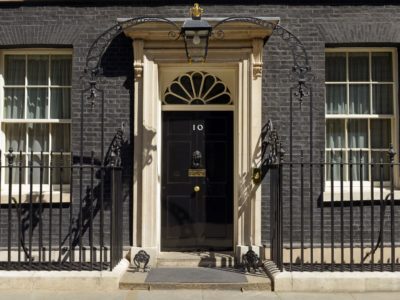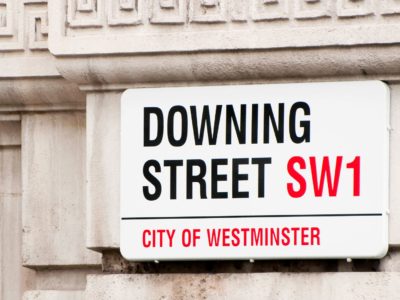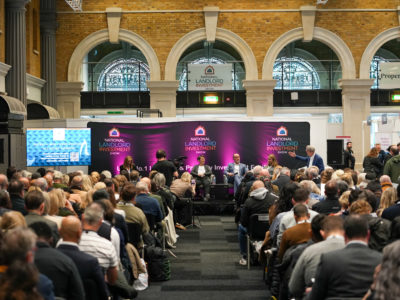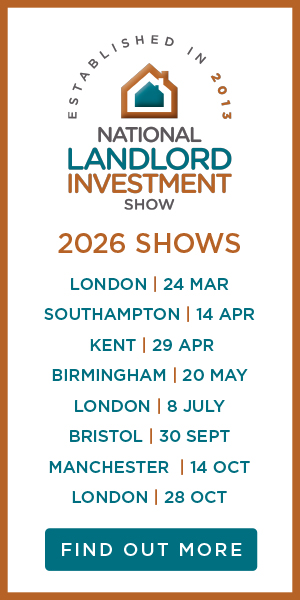New research has found that just one in five homeowners support the government’s plans to ban gas boilers in new homes by 2025, with 83% in favour of the delay announced this week.
This week it has been reported that a ban on gas boilers is to be delayed.
First announced by Phillip Hammond as early as 2019 and reaffirmed by Boris Johnson as part of the ‘Future Homes Standard’, the ban had originally intended to phase out all gas boilers by 2025.
However, while the delay to the ban has been focussed around giving landlords and homeowners more time to make the change, the ban itself only relates to new-build homes constructed after its implementation.
As it stands, 78% of the UK’s estimated fuel usage comes from gas and 25 million of us have a gas boiler.
In fact, the research by Fair Fix found that 97% of those surveyed rely on a gas boiler, with other methods such as heat pumps – the government’s preferred replacement of choice – accounting for a minute percentage of households (2%).
Of those surveyed, just one in five supported the planned ban on gas boilers in new-builds, with 94% believing it should be the decision of the homeowner as to what type of energy powers their home.
42% even went as far to say that should the ban be implemented, it would prevent them from considering a new-build property when looking to purchase.
The key reason that many current homeowners haven’t considered making the change to a more eco-friendly energy source is the cost of installation, with the required changes to their home also a factor, as well as scepticism around how much money they would actually save.
The price of an air source heat pump can range between £4,000 to £8,000, with installation costing an additional £2,000.
| Alternative | Potential costs |
| Hydrogen boiler | > Estimated costs of hydrogen ready boilers should be around the same price as traditional gas boilers> This would usually be from £400 to £3,000.> Installation costs will also be around the same price of traditional boilers |
| Ground source heat pumps | > Expensive options> Can cost anywhere from £2,000 to £15,000 depending on the make, model, and size required.> Installation and groundwork costs for horizontal ground source heat pumps can be as much as £4,000, with prices for vertical system installation around £10,000> It should be noted that prices will begin to increase if underfloor heating installation is selected or if proper insulation is required throughout the home |
| Air source heat pumps | > The price of an air pump can be between £4,000 to £8,000> Installation costs are between £1,000 to £2,000> Running costs are generally low as only the pump requires electricity> It should be noted that prices will begin to increase if underfloor heating installation is selected or if proper insulation is required throughout the home |
| Solar thermal panels | > Solar thermal systems often involve minimal disruption during the installation process.> The cost of solar collectors, hot water tank, pipes, a control panel, and installation should cost between £3,000 to £6,000 |
| Biomass boiler | > Smaller biomass boilers start from around £5,000 – but can reach as much as £10,000 to £15,000 for larger models capable of heating larger homes (for example four bedrooms) |
| Electric radiator system | > Relatively straightforward (DIY) installation> Cost per radiator – approx £200+ for a good permanent-style fitted one |
| Infrared heating panels | > Infrared heating panels cost roughly £130 to £175 per panel and have relatively low installation costs at approx £75 per sq m> The average cost of running infrared heating panels for a three-bedroom home is £876 per year |
A ground source heat pump can cost up to £15,000, with as much as an additional £5,000 required to install.
A biomass boiler can also cost as much as £15,000 for larger family homes, with solar panels costing around £6,000 to install.
The government has offered a subsidy of £5,000 for homes installing heat pumps.
But not only would this fail to cover the costs in many cases, the total funding equates to an estimated 90,000 homes – around 0.4% of the 25 million gas boilers across the nation.
So why are we sticking with our gas boilers?
Fair Fix, the boiler engineer experts, found that reliability ranked top, along with the fact that there are plenty of professional tradespeople available to fix them when things do go wrong.
Founder of Fair Fix, Tyrone Ekrem, commented:
“Although the government’s intentions to reduce our environmental impact are commendable, it’s rather presumptuous to implement a ban on gas boilers on behalf of the entire nation and, as our research shows, the vast majority are against such an idea.
However, it’s important to note that if such a ban did come to fruition, it would only apply to new-build homes built from there on out.
This means that for existing homeowners, there is no obligation to have your boiler replaced if you don’t wish to.
With previous government initiatives, such as smart metres, coming under heavy fire for actually costing people money, you can understand why the nation is hesitant about a move away from the tried and tested methods of powering their homes.
What’s more, the cost of installing an alternative heating system is substantial and it is one that simply can’t be stomached by many in these tough economic times.”
























Comments